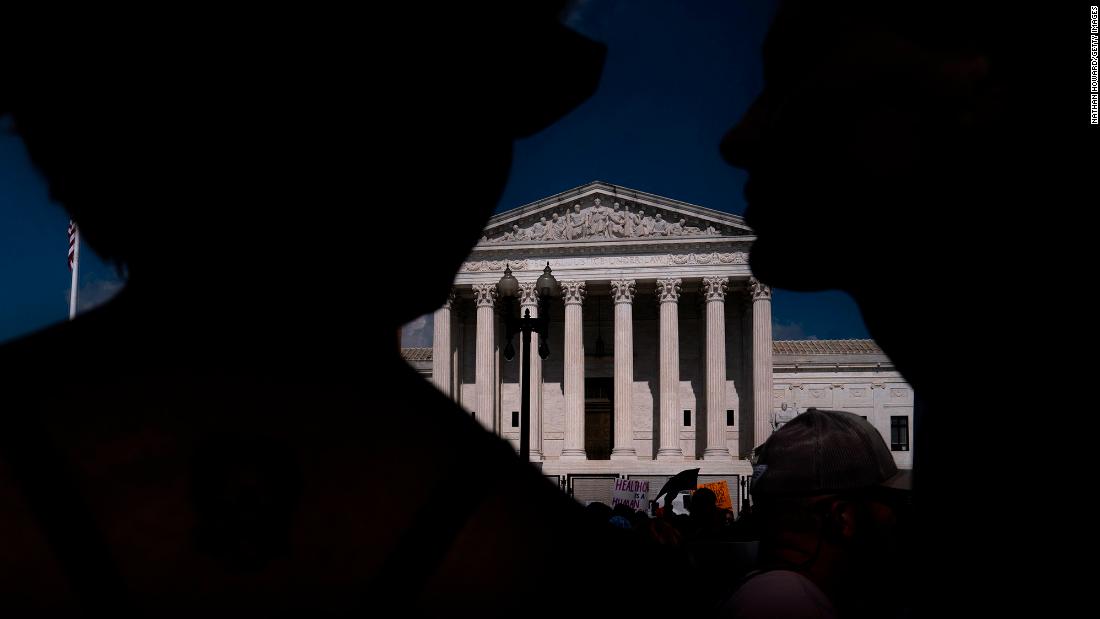
A big question for tech companies post-Roe: How to respond to law enforcement requests for data?
CNN
In the wake of the Supreme Court's decision to overturn Roe v. Wade, privacy advocates have expressed renewed concerns about how tech platforms may handle requests from law enforcement for user data in states that outlaw abortion. But whether tech companies intend to hand over data on abortion-seekers to governments is a question the industry is seemingly unprepared to answer for now.
Tech platforms hold vast troves of personal and health information in the form of the products we shop for, the places we travel, the businesses we frequent, the websites we visit, the information we search for, and the messages we send to our friends and family. Digital rights groups have warned of the risks this online footprint may now pose to people seeking or providing abortions in states where the procedure is criminalized.
"Those seeking, offering, or facilitating abortion access must now assume that any data they provide online or offline could be sought by law enforcement," said the Electronic Frontier Foundation, a digital rights group, in a statement following the Court's ruling.

Tucked in the Trump administration’s sweeping AI action plan announced Wednesday is a recommendation that tech companies with federal contracts ensure their models don’t include “ideological bias.” Such a rule would likely have a wide impact considering many large tech companies either work with or are pursuing work with the government work; Google, OpenAI, Anthropic and xAI were each awarded $200 million to work with the Department of Defense earlier this month.





















 Run 3 Space | Play Space Running Game
Run 3 Space | Play Space Running Game Traffic Jam 3D | Online Racing Game
Traffic Jam 3D | Online Racing Game Duck Hunt | Play Old Classic Game
Duck Hunt | Play Old Classic Game










